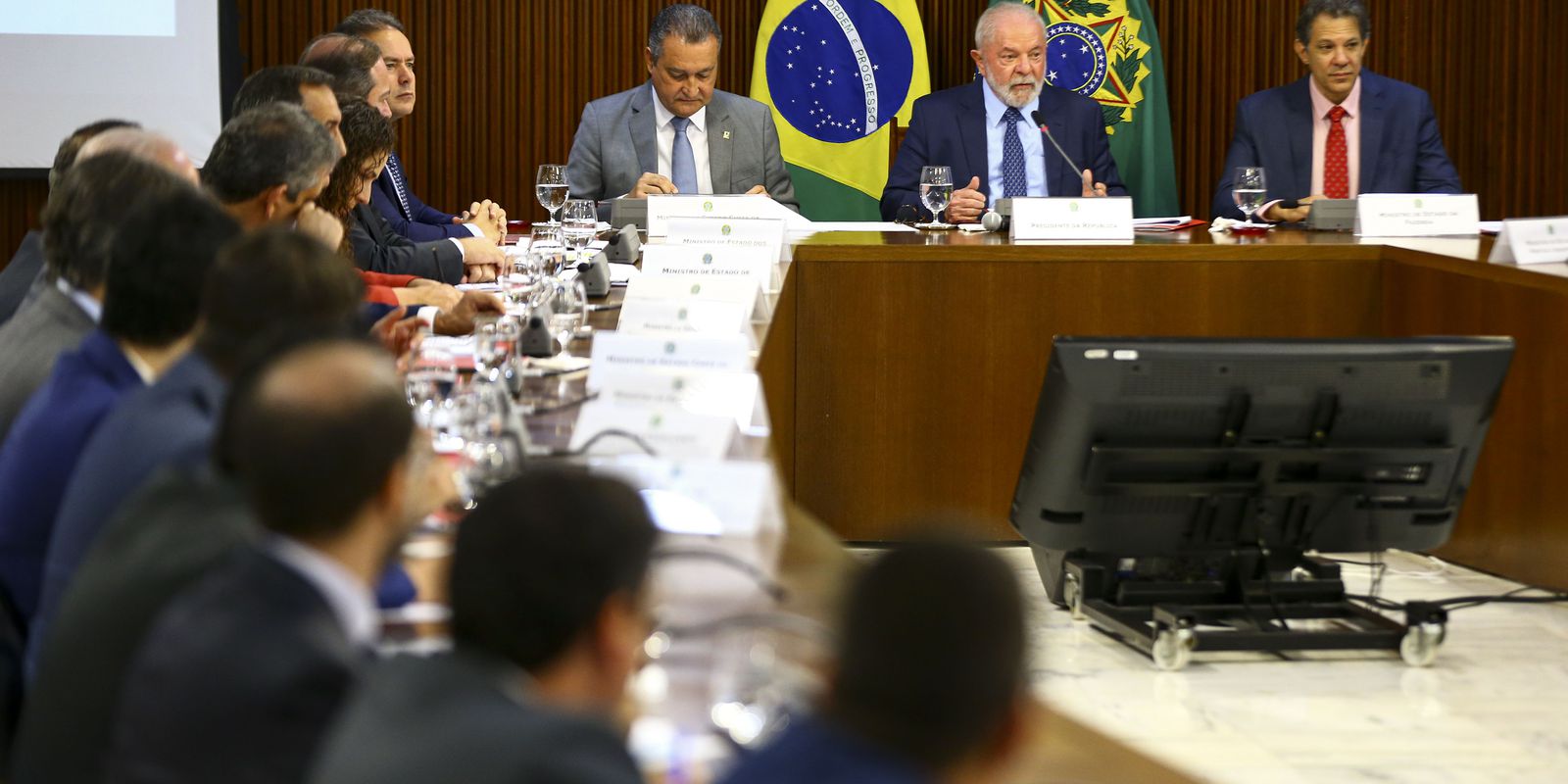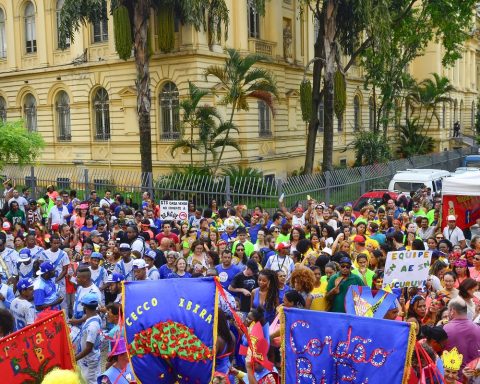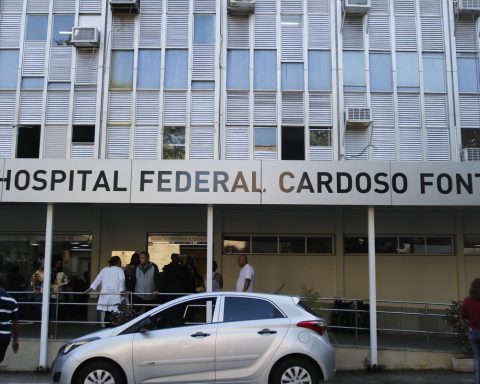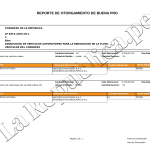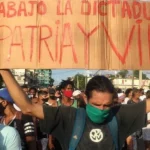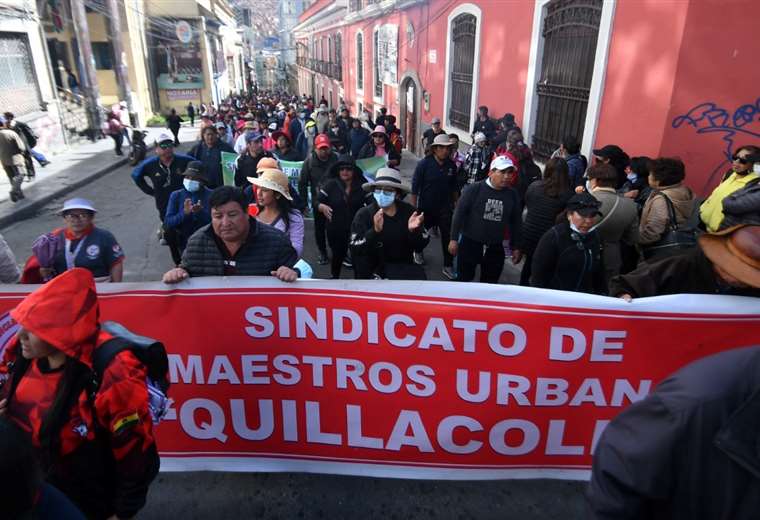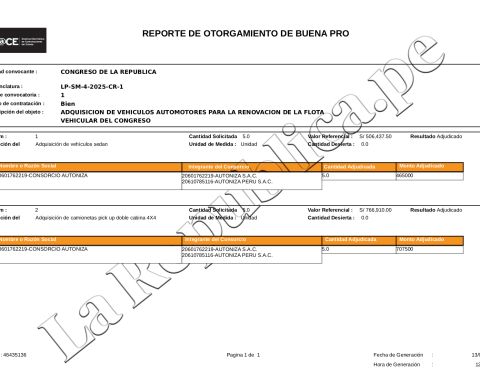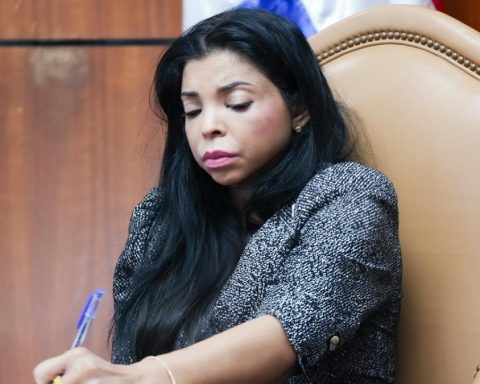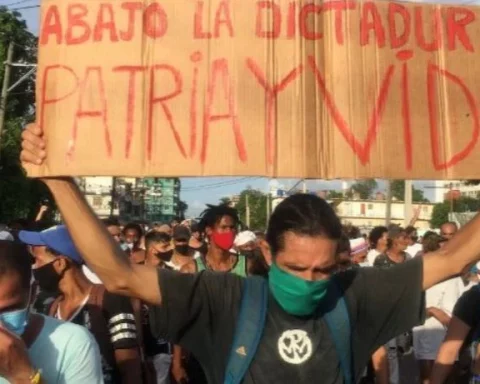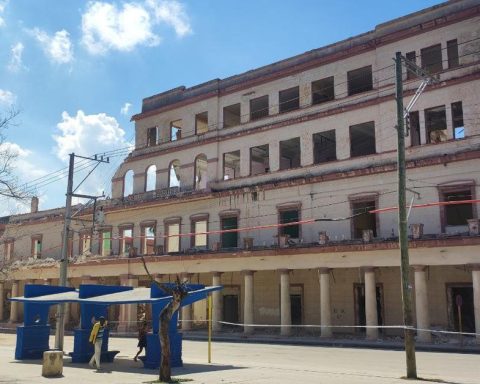The Minister of the Civil House, Rui Costa, said today (10) that the federal government’s new investment plan, to replace the Growth Acceleration Program (PAC), will be announced in April, with the adoption of a public-private partnership ( PPP) to leverage investments in works all over the country. The guidelines, timetable and structure of the plan were presented at a meeting at the Planalto Palace with President Luiz Inácio Lula da Silva. At Lula’s request, the program will even have a new name.
Rui Costa spoke to the press after the meeting that brought together infrastructure ministers to present the plans of each portfolio for the first 100 days of government, for 2023 and for the coming years. According to Costa, next week, Lula will hold meetings with the ministers of the social area – Health, Education and Women – and of the productive area – Agriculture, Agrarian Development and Industry and Commerce.
One of the guidelines of the new investment plan is to use the PPP instrument with the direct participation of the federal government or in partnership with states and municipalities. “This plan will bring together federal direct investments, from the Union’s public budget, investments through federal government concessions, and we will start what states and municipalities, especially states, have been doing for some years now, PPP projects”, he said.
Costa explained that, despite being regulated and having positive results, in most cases, the federal government never used this tool directly. “Now we are going to use the PPP instrument to leverage investments in infrastructure in the country.”
In the same sense, President Lula guided the rationalization of public resources, with cost reduction, when possible, to increase investments. If necessary, public bodies may rebid contracts. “But when I refer to PPP and concessions, we are signaling investors, talking about attracting private investment”, he added.
According to the minister, bilateral meetings have already been held with representatives from all states to systematize the demand for priority works by each state government. This afternoon, the federal government launched the update of a work monitoring platform for municipalities.
Education, sanitation and energy
The new plan will also include works that are in progress. Costa stated that the government will edit a provisional measure to enable the conclusion of the 4,000 works in the area of education that were paralyzed. The investments will be around R$ 4 billion.
Among the legal measures for the quick resumption of works, the minister mentioned the updating of contract values, since the most accentuated inflation delayed prices in civil construction. The goal is to complete them by the end of this year.
“One of the measures is to update the values to allow the completion of the works and enable and deliver important equipment such as day care centers and schools, which are, many of them, with 50%, 60%, 80% completed, and thus avoiding a greater retreat of these works. An undelivered work. When it reaches 90%, it will decrease, either due to the effect of time or vandals who steal installed equipment”, added Rui Costa.
In the coming days, the government intends to launch the Água Para Todos program, to attract investments in sanitation and other measures related to drinking water. For this, Lula must sign a decree with new regulations for the sector, to diversify the models for contracting services.
“We are seeking to promote understanding from the private sector to the public sector, mainly state companies, which hold most of the water sewage concessions in the country. We are producing a decree that, with almost its entirety, will be consensual between the private and public sectors”, explained Costa. “We live in a continental country, with income diversity, city sizes and different infrastructure realities. The solution for Brazil is not unique”, he added.
Still soon, the government will sign contracts worth R$ 3 billion in new power transmission lines. Rui Costa informed that, until July, the Ministry of Mines and Energy should auction another R$ 9 billion for the sector. “Brazil has become an international reference in renewable energy, investments in projects, such as solar and wind farms, are happening in the states, and the bottleneck was the transmission lines”, said the minister, explaining that around 15% of the energy generated in the country it is not used due to the lack of lines.
guarantee fund
The federal government also intends to resume investments in regional development funds, such as the Northeast Fund, to leverage the financing of private and state projects. The intention is to create a specific guarantee fund to make PPPs viable.
According to the Minister of the Civil House, there are specific development funds that were created, but which did not materialize over time, such as the Merchant Marine Fund and the National Civil Aviation Fund. “We are going to sit down with the Treasury to see where the resources come from [para o novo fundo de PPP]. Since it is a guarantor, it does not mean disbursement in the short term, it is a guarantee, but it is necessary for investors to be able to borrow, ”she explained.
The guarantee funds are intended to complement the guarantees required by the financial agent for granting credit.
